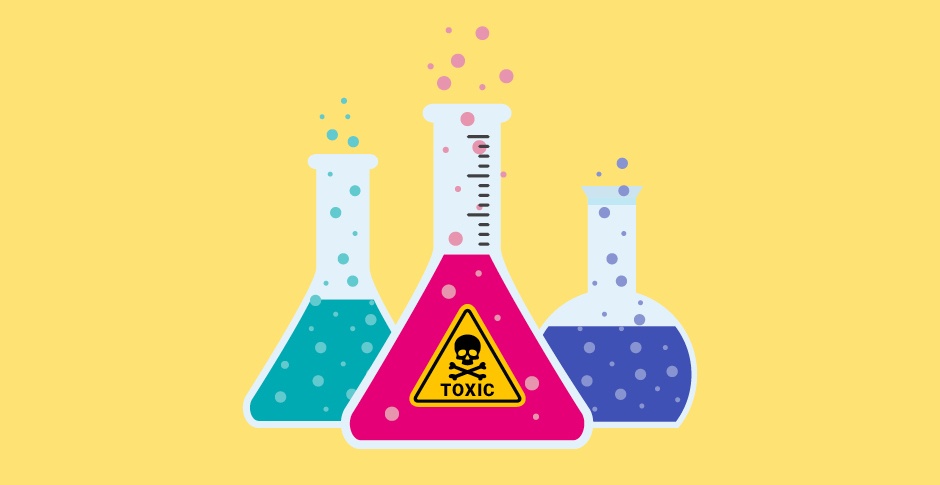Is a toxic workplace warping your sense of what’s normal?
Working in a ‘toxic’ work environment or a workplace where things feel hostile can make doing your job really difficult. It can even shift your sense of what’s normal and acceptable in a workplace.
Here’s how to recognise if you might be in a toxic workplace, what you can do about it and where to go for help.
What are the signs of a toxic workplace?
A toxic workplace comes in many forms. Shaun McCarthy, chairman at Human Synergistics Australia, says common examples include environments where:
- Bullying is allowed to happen, and no action is taken when it is reported
- General harassment is accepted as being normal
- Staff conflict is not acknowledged or dealt with constructively
- Staff constantly feel they have to ‘walk on eggshells’ in case they upset someone
- There’s a general expectation that work takes priority over everything else
- Staff are pitted against each other, resulting in bad behaviour including taking credit for others’ work, shifting blame and discrediting colleagues.
How it can affect your sense of what’s normal
Alison Green, author and creator of Ask a Manager, wrote about how people working in toxic environments found themselves becoming desensitised to the level of bad behaviour they were willing to tolerate and accept. In her column, she wrote:
“Working at a dysfunctional job is terrible for all the obvious reasons: unclear expectations, unrealistic workload, tyrannical boss, toxic co-workers…But on top of the obvious, bad jobs exact an additional price that many people don’t know about. If you stay in one long enough, it can warp your idea of normal.”
In short, people working in toxic environments can wind up accepting what they shouldn’t have to, then carrying that with them into future jobs.
What you can do if you feel your workplace is toxic
Your workplace should be a safe place to work. Legally speaking, workplace health and safety legislation requires workplaces to be, as far as is reasonably practicable, physically and mentally safe and healthy for all employees. SafeWork Australia notes this means steps must be taken to ensure that the working environment does not harm mental health or worsen an existing condition.
If you feel that you’re working in a toxic workplace, often the best place to start is by talking with your manager or HR department. It may be that you can have a positive impact on shifting the workplace culture by managing upwards.
“Try offering suggestions to your manager about how performance could be improved if things were done differently,” McCarthy says.
He also recommends focussing on positive suggestions for improvement rather than criticisms of the current state to reduce the likelihood of being met with defensiveness. For example, suggest social activities to build morale and comradery or provide suggestions for other workplace improvements – perhaps based on things that work well at other workplaces you’re familiar with.
However, if you think your workplace is beyond repair, it may be time to consider moving on.
Where to go for more help
The Fair Work Ombudsman also has information and advice on bullying and harassment in the workplace, and the actions you can take to stop it. You can also find more information about bullying and your rights in the workplace at SafeWork Australia.
If you’ve left a workplace because it was toxic, it’s still worth considering help to move forward. McCarthy suggests considering seeing a counsellor to debrief if you’ve come from a toxic workplace. This can help you work through any ongoing resentment, anger or unresolved issues that you may be dealing with. A counsellor can also help you identify unacceptable behaviour and get you set for success in your future role.
Remember, it’s not normal for you to constantly be left feeling stressed or unhappy by behaviour in the workplace and you don’t have to accept it.
Information provided in this article is general only and it does not constitute legal advice and should not be relied upon as such. SEEK provides no warranty as to its accuracy, reliability or completeness. Before taking any course of action related to this article you should make your own inquiries and seek independent advice (including the appropriate legal advice) on whether it is suitable for your circumstances.
Read more:
Feeling left out? Here's how to deal with cliques at work
3 questions to ask family and friends if you’re feeling stuck
